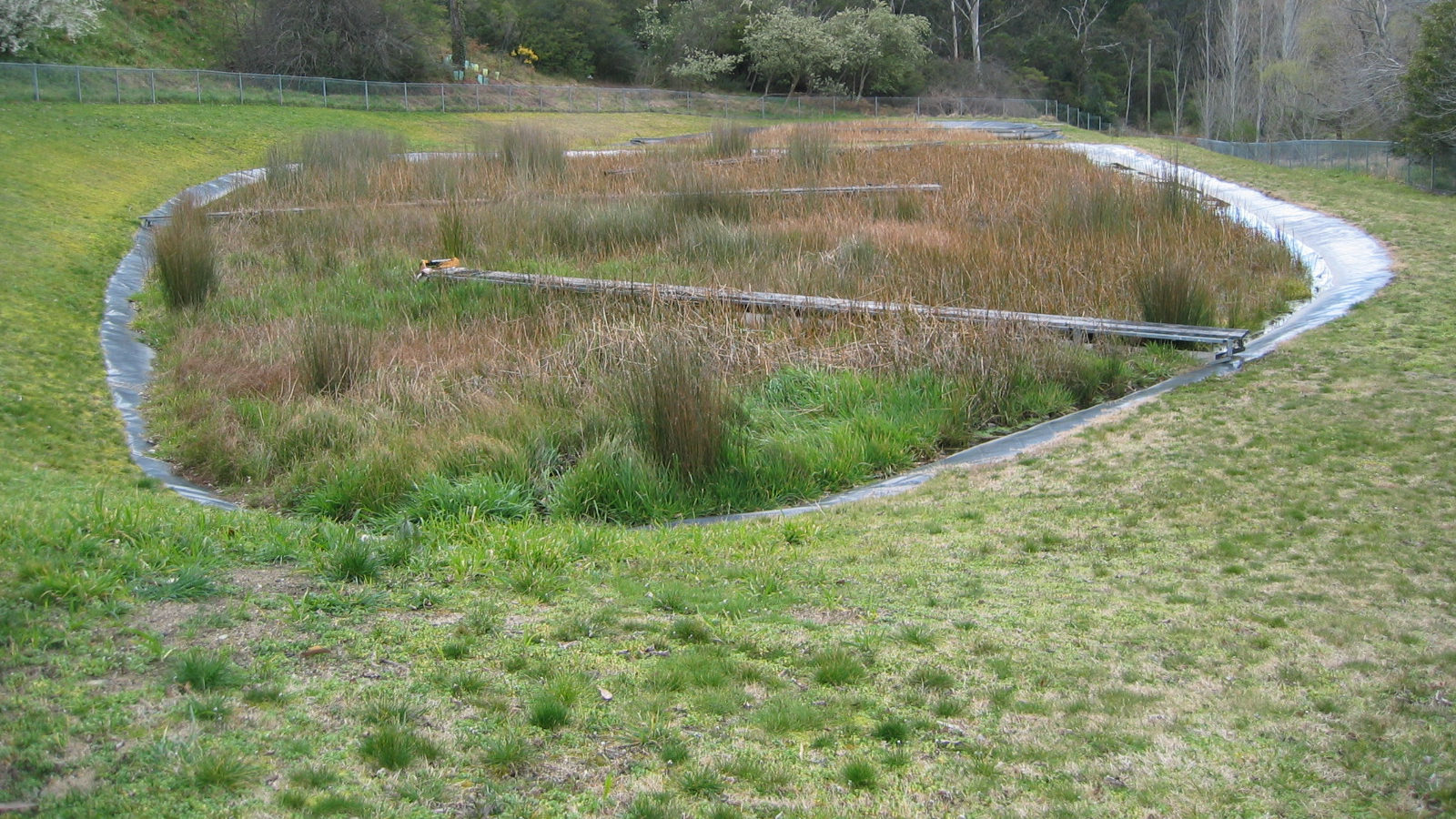Ducks Unlimited Canada and the University of Saskatchewan have announced a partnership to create the Ducks Unlimited Canada Endowed Chair in Wetland and Waterfowl Conservation.
The new research chair will teach and supervise students, as well as coordinate education, research, and outreach to tackle complex environmental challenges facing land, water, and wildlife. The endowment will provide student support through graduate fellowships and undergraduate scholarships. Ducks Unlimited Canada (DUC) and the University of Saskatchewan (USask) have launched a $5-million fundraising initiative to support the chair and its work.
“Ducks Unlimited Canada is a visionary organization that has made outstanding contributions to the conservation and restoration of North America’s wetlands and waterfowl,” said Karen Chad, vice president of research at USask. “This new research partnership will open up exciting new opportunities for our faculty and student researchers, with a potentially huge impact on our environment.”
Karla Guyn, chief executive officer of DUC and USask alumna, is pleased that this chair will further the conservation science needed to address increasing pressures on wetlands and wildlife. This is especially important in the Prairie Pothole Region of Canada, an area marked by shallow wetland pools, which she said is the primary area of concern for waterfowl in North America.
“We want to see the chair advance new knowledge about wetlands and waterfowl and translate that into action on the ground,” said Guyn. “It’s this landscape-level focus that will provide solutions to some of today’s most pressing environmental issues including water quality, flood and drought mitigation, and climate change.”
Guyn said USask’s location for the chair was selected over other Canadian universities. “It’s located in the heart of the Prairie Pothole Region, with easy access to the western boreal forest, another critical area for this research,” she said.
Bob Clark, research scientist and USask adjunct professor in biology, has devoted his life to waterfowl and wetland conservation.
“Although this chair will be focused on Canadian conservation issues, you cannot ignore what is happening in other locations as these birds complete their full annual cycle of migration,” said Clark. “Depending on the species, some birds use habitats from Northern Canada and the Arctic all the way into South America.”
“To me, an investment in an endowed chair is going to be really critical for ensuring there is a training environment in Canada for a whole new generation of young scientists, people who are going to carry this passion forward and ensure the natural environment is safeguarded,” Clark added.
More information about the chair position is available here.












